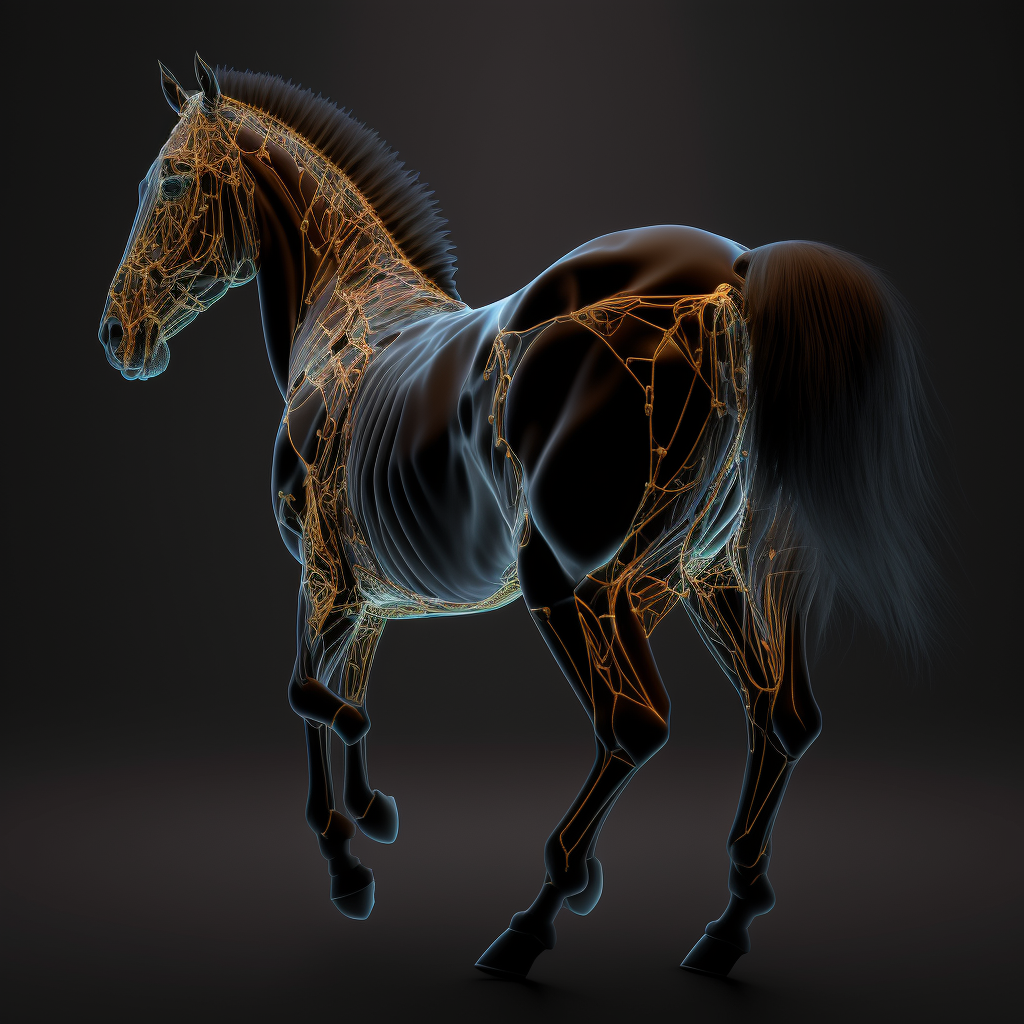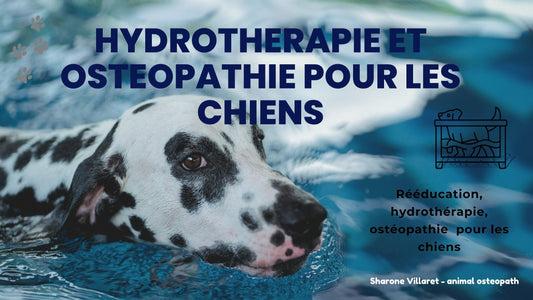
Why call an osteopath?
Osteopathy is a manual, preventive and curative medicine.
What does an osteopathy session consist of for my animal?
Structural, myofascial, tissue, cranial or even visceral, the techniques are multiple and varied. I adapt them according to your animal (age, activities, pathologies) and the dysfunctions it presents at the moment "T".
- Course of a session :
Anamnesis and memorials : This is an understanding of the animal's past, whether in terms of its health, activity, diet or even its environment.
Clinical examination: to check whether your animal is suitable for an osteopathy session.
Osteopathic examination: static then dynamic observation of the animal, palpation then specific tests on the whole body, correction of dysfunctions (performance of different osteopathic techniques)
Advice and rehabilitation: In order for the session to be completely beneficial, the animal needs a few days of rest after this so that his body can balance itself. Be aware that the definitive effects of an osteopathy session can appear up to 3 weeks after it, the time for your companion to get used to his new balance. The exercises (rehabilitation) given by your osteopath help him to reach this new state and not to have relapses, hence the importance of its application.
Before the session (1 hour minimum), it is best to let your pet rest and avoid exerting it. It will generally be calmer and "cold" which will allow not to mask certain tensions, lameness and others necessary for a good osteopathic diagnosis.
You should always tell your osteopath if your animal is taking medication.
⚠️ It is not possible to treat an animal that is on anti-inflammatory medication.
Contact RDV en déplacement
Animal health advice
View all-

How to Choose the Best Food Supplement for Your...
How to Choose the Best Joint Supplement for Your Dog? Joint supplements help protect dogs from osteoarthritis, pain, and mobility loss. For an effective choice, look for key ingredients like...
How to Choose the Best Food Supplement for Your...
How to Choose the Best Joint Supplement for Your Dog? Joint supplements help protect dogs from osteoarthritis, pain, and mobility loss. For an effective choice, look for key ingredients like...
-

Rehabilitation through Hydrotherapy and Osteopa...
Hydrotherapy and osteopathy are effective methods for the rehabilitation of dogs suffering from locomotor, post-operative, or neurological disorders. This article explores their benefits, their complementary nature, and the importance of...
Rehabilitation through Hydrotherapy and Osteopa...
Hydrotherapy and osteopathy are effective methods for the rehabilitation of dogs suffering from locomotor, post-operative, or neurological disorders. This article explores their benefits, their complementary nature, and the importance of...


